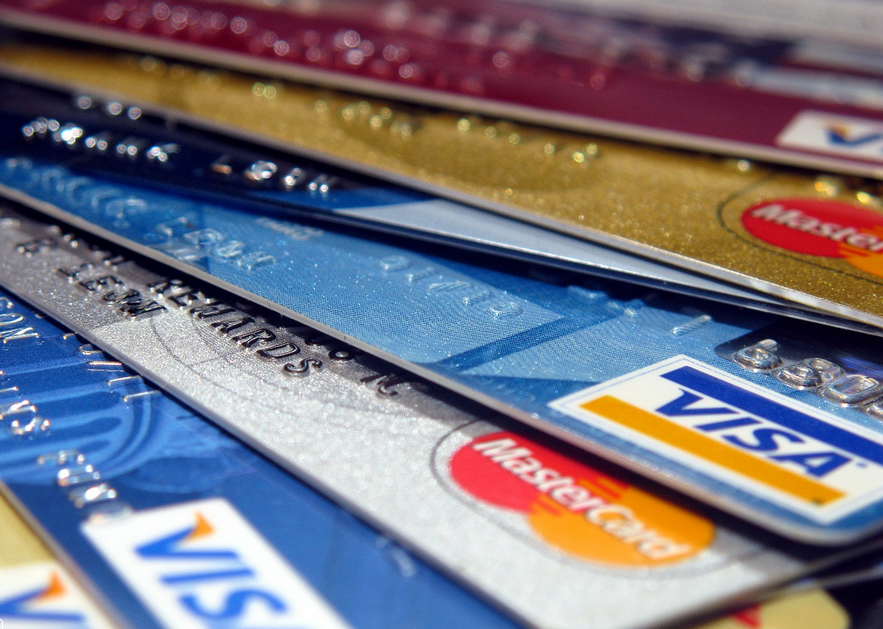One of the smart things to do when your identity has been stolen is to contact the three major credit reporting agencies — TransUnion, Equifax, and Experian — to discuss placing a temporary fraud alert and credit freeze on your accounts. But as one Consumerist reader found out, all it takes to remove those restrictions is the same information that any good ID thief already knows about you. [More]
pin
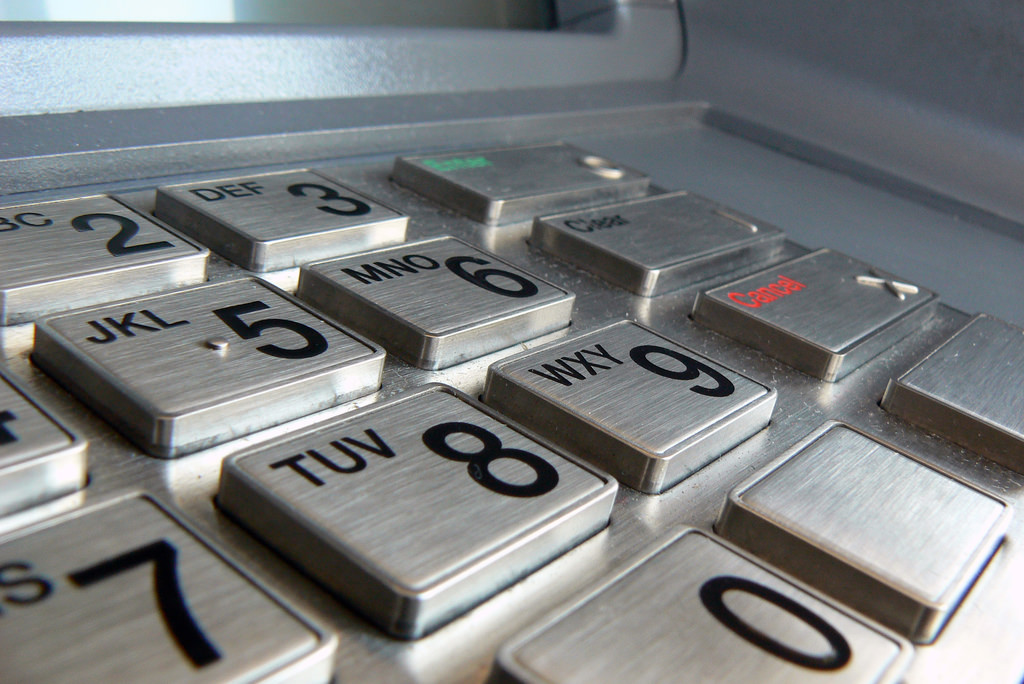
Can Hackers Track Movement Of Wearable Devices To Figure Out PINs & Passwords?
When you enter a PIN or password on your smartwatch or other wearable, you might take great effort to shield the letters and numbers you enter from public view. However, a newly released report suggests that hackers could, in theory, trace users’ hand movements on wearable devices to figure out how to access their personal accounts.
[More]
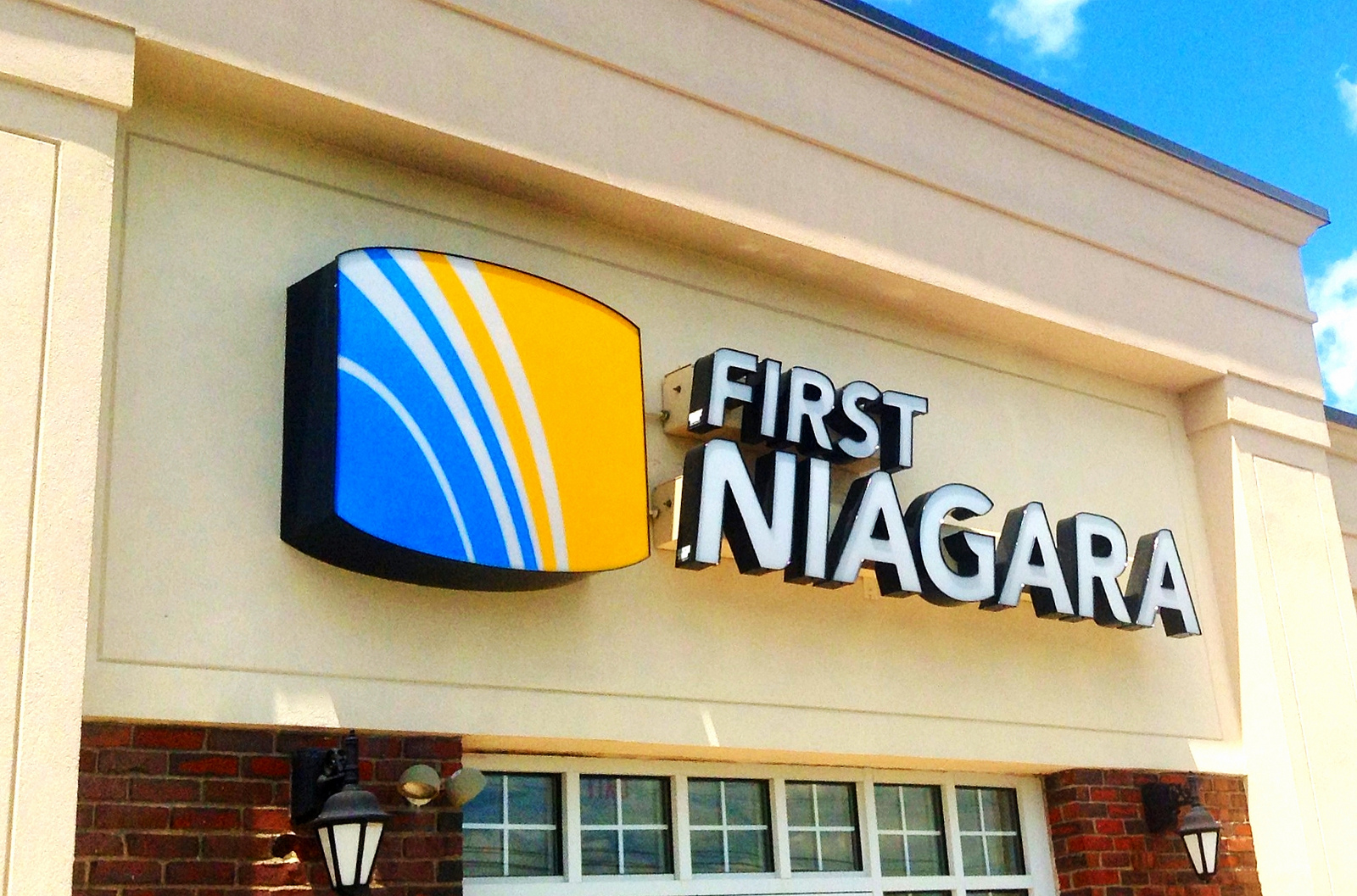
Only A Few Banks Are Making Their Credit Card Customers Memorize PINs
One compromise that financial institutions have made in the national shift to EMV smart cards from magnetic-stripe cards is that Americans will sign for their purchases instead of entering a 4-digit PIN. Maybe banks think that we’re stupider than the rest of the world, since other countries do use PINs. [More]

Why Do Lenders Want You To Use Your Debit Card Like A Credit Card?
A reader wants to know why Chase is pushing him so hard to use his debit card like a credit card when paying for things—they’re promoting a contest for people who do this, and on every insert or blank space in the paperwork that accompanied his newest card, they encourage him to always select “credit” over “debit” at checkout. Why?
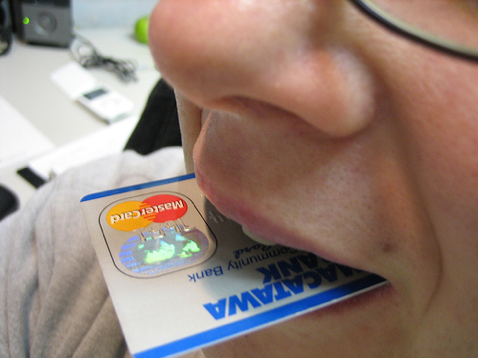
New Law Requires Minnesota Retailers To Purge Personal Information After Two Days
Minnesota retailers will soon be required by law to purge PIN numbers and credit card information after 48 hours. The new law, the the Plastic Card Safety Act, takes effect on Wednesday; beginning next year, the act will empower banks to sue retailers whose data-retention practices lead to a security breach. From the Star-Tribune:
Frictionless Transaction Rubs the Wrong Way
The other day, Brian swiped his debit card at Academy sports and outdoor equipment palace. Being a good consumer, he always chooses credit over debit. However, instead of having to sign a screen or a slip, the cashier handed him his bags and receipt and said, “Thanks, have a good day.” No ID, no sig, nothing.
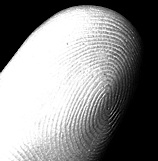
Microsoft Fingerprint Reader Does Passwords, Not Security
We hate remembering passwords. We have enough arbitrary code phrases in our life to remember, like the one we have to try to remember when our girlfriend cinches that plastic sack over our head. So Microsoft’s Fingerprint Reader software seemed pretty cool to us.


